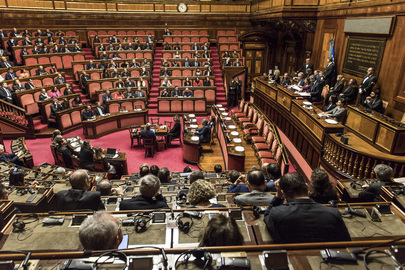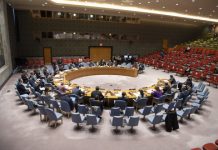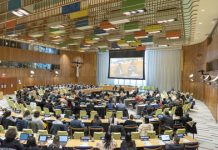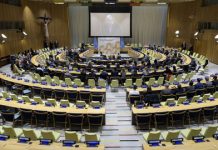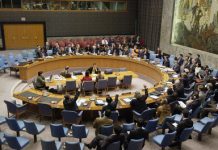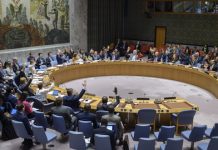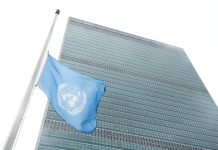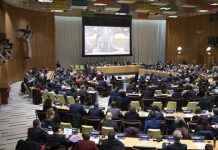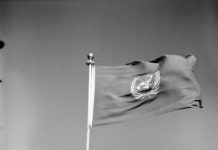Indigenous people are still excluded from decisions regarding “the very foundation of our identity, survival, and self-determination,” said Aluki Kotierk, Chair of the 24th United Nations Permanent Forum on Indigenous Issues (UNPFII).
This year’s theme is focused on implementing the UN Declaration on the Rights of Indigenous Peoples and addressing associated challenges – emphasising the need for Indigenous Peoples to be included in governance processes.
For the next two weeks at UN Headquarters in New York, Indigenous leaders, Member States, UN officials and civil society groups are meeting to try and make the declaration a reality.
Indigenous leadership
The forum sheds light on how Member States’ actions on native lands impact Indigenous Peoples, while decisions which bypass Indigenous leaders too often impact both their ways of life and food security.
In his speech at Monday’s opening, UN Secretary-General António Guterres urged governments and institutions to recognise and act upon the leadership, rights and needs of Indigenous Peoples.
“The difficulties facing Indigenous Peoples around the world are an affront to dignity and justice,” said the UN chief, “and a source of deep sorrow for me personally.”
“Indigenous women face particular challenges – including barriers to political participation, economic opportunities, and essential services,” he added.
During the two-week long forum, discussions will focus on the principles of sustainability, equity and social justice, while simultaneously empowering Indigenous Peoples’s governance systems.
“Member States must ensure that Indigenous Peoples are fully respected in decision-making processes, with their governance systems and rights upheld in every aspect of policy and government,” said Ms. Kotierk.
Speaking up for women
From the persecution of Indigenous women to the non-regulated extraction of mineral resources on their own land, their human rights overall are constantly being infringed upon.
“These persistent disparities demand urgent, sustained attention,” said Philemon Yang, President of the General Assembly during the opening session.
Indigenous women stand as cultural leaders and agents of change. Yet, across the globe, Indigenous women stand at the crossroads of gender-based discrimination, colonial violence, and systemic marginalisation.
“Indigenous women face particular challenges – including barriers to political participation, economic opportunities, and essential services,” Mr. Guterres underscored.
Members of indigenous communities attend the opening of the 24th Session of the Permanent Forum on Indigenous Issues.
Source of original article: United Nations (news.un.org). Photo credit: UN. The content of this article does not necessarily reflect the views or opinion of Global Diaspora News (www.globaldiasporanews.net).
To submit your press release: (https://www.globaldiasporanews.com/pr).
To advertise on Global Diaspora News: (www.globaldiasporanews.com/ads).
Sign up to Global Diaspora News newsletter (https://www.globaldiasporanews.com/newsletter/) to start receiving updates and opportunities directly in your email inbox for free.


